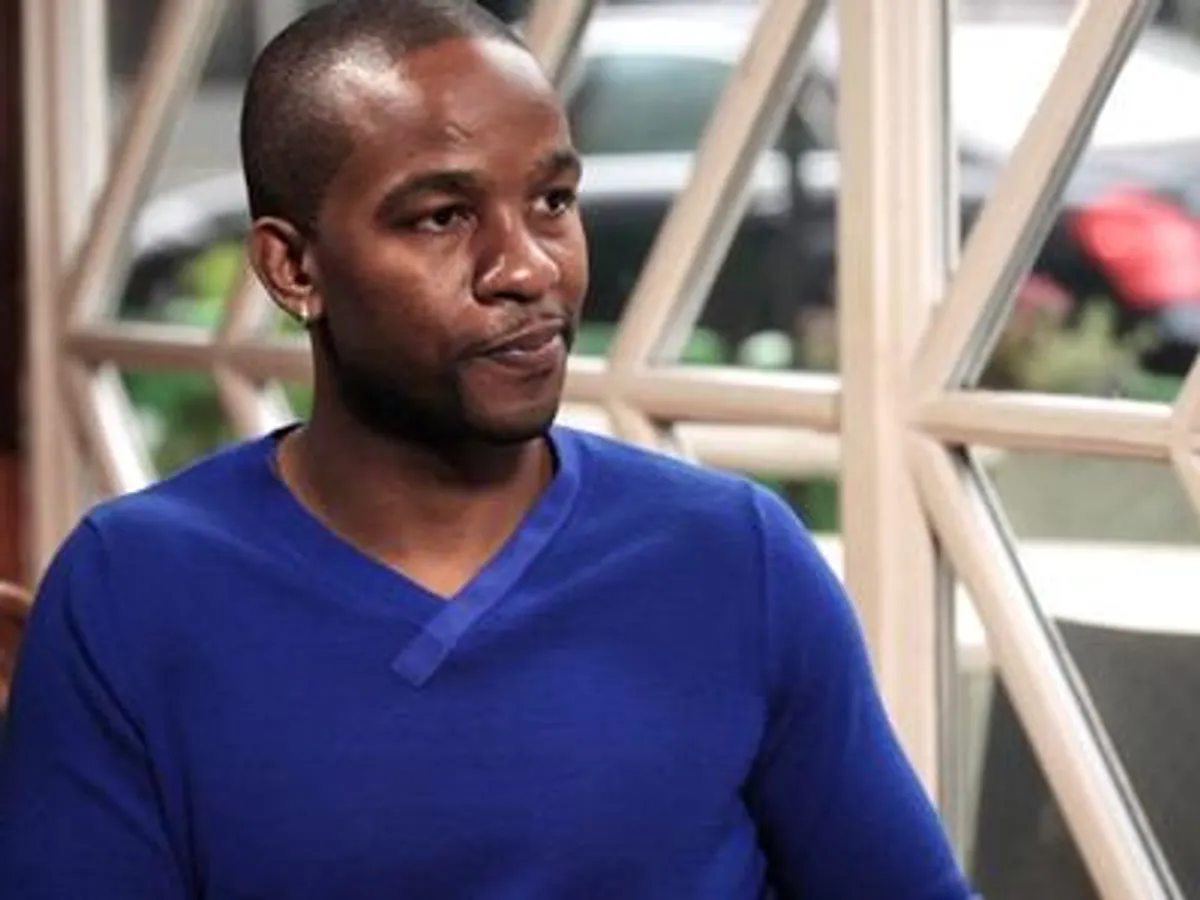Voices
Op-ed: How Straight Silence Betrays Gay Teammates
Op-ed: How Straight Silence Betrays Gay Teammates

For gay players to come out, their straight teammates need to step up.
Wade Davis
February 01 2013 1:18 PM EST
November 17 2015 5:28 AM EST
By continuing to use our site, you agree to our Private Policy and Terms of Use.
Op-ed: How Straight Silence Betrays Gay Teammates

Earlier this week Chris Culliver, cornerback for the San Francisco 49ers, publicly announced that he was against the idea of playing with a gay teammate. He later offered an apology after the 49ers offered their own.
Many LGBT advocates and allies were enraged at what many understood to be an act of bigotry aimed at gay athletes. Culliver's words added more fuel to the already heated advocacy campaign to create safe and welcoming spaces in sports for all athletes regardless of gender expression, sex, and sexual orientation.
And while we should be concerned with outright acts of discrimination, we should also address the silence of countless other players, coaches, and executives who don't or won't speak out against homophobia and discrimination as loudly as those who are spewing hate speech. Silence can be just as harmful as raucous noise.
I am quite familiar with silence and the way it stunts progress. I've had a strange and ever-changing relationship with silence throughout my life. As a child, I grew up with a speech impediment. I stuttered. So I remained silent for fear of being teased or mocked. As I grew older, my stutter gradually disappeared and I began to find my voice and the confidence to speak up. I became what many might call a "class clown." With this newfound self-confidence, I sometimes used my voice to mock and terrorize others.
But my behaviors changed when I began to fully experience same-sex attraction. Once I had the understanding that I was gay, I muted that part of my identity in order to remain a popular class clown and budding athlete. I feared that if I spoke up about my truth I would lose the comfort and privileges that came with being a member of the in crowd.
My "silence" regarding my sexual identity extended many years. I was scared of losing family and friends. Also, I feared that someone would see through my carefully crafted persona. I perfected the art of role-playing as straight.
I also did not care about the well-being and feelings of others. The countless numbers of innocent survivors of my internalized homophobia and self-hatred were just collateral damage or people caught in the swell of my never-ending battle to hide my true self from the rest of the world.
On June 5, 2012, my silence was broken when I publicly announced that I was a gay man. Before that moment, however, my unwillingness to speak out against homophobia betrayed so many people, even though I believe that all people own the right to name and claim their own identities in their own time and in their own way. Yet my silence as a bystander who allowed people around me to be hurt and terrorized by homophobic, transphobic, and sexist diatribes was and always will be betrayal.
Before I came out publicly, I would sit in my barbershop and some of the guys inside would sit around and discuss everything from sports to music and sex. Sometimes there would be explicit and disparaging language used to describe a woman or someone they perceived as gay; and I would sit there listening intently in "silence." Though I never uttered the words "b****" or "f*****" during those conversations, I do view my unwillingness to speak up as tacit compliance or participation in hateful speech. My "silence" had the same impact as their words. Witnessing without action is a form of participation.
Charles Barkley once famously said, "I am not a role model."
I fully support individual choice and public figures not wanting others to follow or mimic their words and/or deeds, but I am of the opinion that speaking out against an injustice or advocating against discrimination is something completely different than living as a role model. As human beings, we should never stand idle while others suffer abuse in any form.
Celebrated black lesbian poet Audre Lorde once said, "The fact that we are here and that I speak these words is an attempt to break that silence and bridge some of those differences between us, for it is not difference which immobilizes us, but silence."
Audre Lorde's words could not be truer than they are now. As long as the majority of professional athletes remain silent and don't create a safety net for a professional athlete to come out, true mobilization and community building within sports will not materialize.
So I issue this charge to every professional athlete who sees himself or herself as an advocate and is against the discrimination of others -- speak out! Disrupt your comfort. When you're an athlete, you're a part of something bigger than you, something greater than you. You're a part of a vast historical sports family. All the blood, sweat, tears, and pain that you have endured is a shared experience. It just takes one call to your players' association to tell them you want to create a campaign to end homophobia in sports. Don't worry about the messaging. No bells or whistles or stunts or promotions are needed. Just stand up and say I'm against homophobia and hate. Your gay, lesbian, bisexual, or transgender brothers and sisters are counting on you, because in many ways your silence is killing them and is much louder than any verbal assault by any homophobe.
WADE DAVIS is a former NFL player. He is now an educator for the Hetrick-Martin Institute in New York.
Fans thirsting over Chris Colfer's sexy new muscles for Coachella